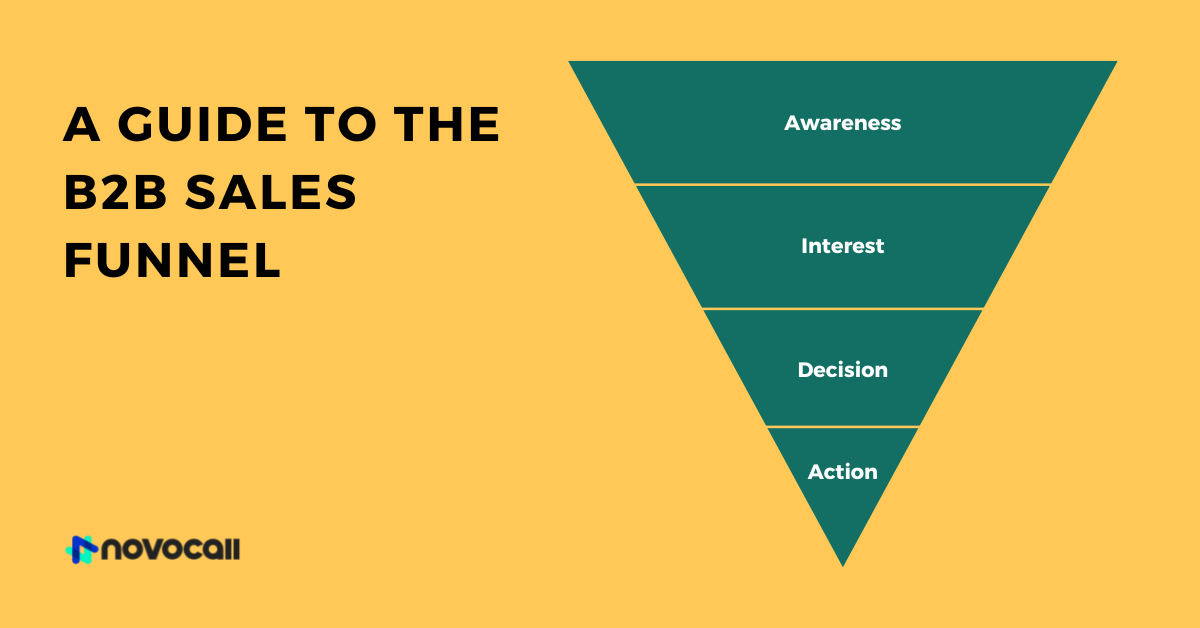


Start driving better conversations.
Novocall will be your new favorite business phone system.


Content Marketing Lead
In your search for the right phone system for business communication, you would have probably come across PBX and VoIP.
These two terms can cause quite some confusion, making the decision in finding a phone system for your business all the more challenging.
PBX is just the opposite of VoIP and vice versa, right?
Wrong!
Well, if you are one of those that thought this way, we’re here to clear up any misconceptions you have. Let’s dive deeper into what they are and how they’re different! 👀
PBX (Private Branch Exchange) is a private telephone system for company use that connects office desk phones on the same network.
In other words, a PBX system links up multiple phones to the same network, allowing a business to communicate within the organization as well as with external clients.
Furthermore, such business phone systems come with useful features like call transfers or IVR (interactive voice response).
Unlike PBX which is an on-premise phone that is not connected to a data network, VoIP (Voice over Internet Protocol) refers to technologies that allow for voice and video communication via internet connection.

A VoIP system works by converting your voice into a digital signal, then sending these signals as data packets over the internet. These data packets travel between your device and VoIP provider.

With an internet connection, your business can use VoIP software to make calls to reach your leads and customers. Essentially, it bypasses your need for a traditional landline when making and receiving calls.
Desk phones, mobile phones, and computers can all be used to make calls with VoIP software.
Since calls are made over the internet with VoIP systems, it’s much easier to scale as compared to using PBX phone systems.
Scaling your VoIP system is as easy as upgrading to a higher tiered plan of your business phone system provider, purchasing more virtual phone numbers, or adding more users to your VoIP plan.
VoIP phone systems are also designed to be scaled up — most VoIP providers have a variety of pricing plans that introduce more call features to support complex business communication needs when your business grows. This transition is often smooth and hassle-free to ensure a seamless upgrade.
On the other hand, with PBX, it’s more troublesome and also costly. You’d have to purchase extra phones, install new hardware, and also find additional space to house the hardware.
This usually incurs a cost for your local phone company to send a technician to assist with these additions, and can be quite an inconvenience whenever you want to scale up your calling operations.
For new offices, you’d have to build the PBX infrastructure from scratch, which can be time-consuming, costly, and can potentially disrupt business processes.
One of the biggest deciding and differentiating factors when choosing between PBX and VoIP is its initial set-up costs.
PBX systems generally cost much more than VoIP software because of the additional costs of installing the infrastructure, headsets, routers, and more. This can accumulate and easily cost you thousands of dollars.
In contrast, VoIP solutions are much more affordable since the calls are transmitted over the internet. VoIP systems require little to no set-up costs, so you’d just need to invest in a router with good and fast internet (if you don’t already have one), and phones that support IP technology.
VoIP phone systems are usually charged on a subscription basis, where all features are already covered in the pricing plan selected. This helps business owners to reliably predict their monthly costs for their calling needs.
International calling rates via VoIP systems are also significantly lower, hence if you’re operating internationally, this is a major plus point.
The recurring costs of PBX systems largely depend on your setup. This includes maintenance fees, software licenses, phone bills, and more. They could include software licenses, maintenance and service fees, update fees, and your phone bill. Business landline costs alone can be up to 60% more expensive than VoIP.
Though installing PBX systems seem easier because a technician will do it for you, you would still require their assistance and presence for it to work. You’d have to manually set up some features like extension lines, caller ID, and quick dial.
On the other hand, setting up VoIP can be done in a few minutes. After you’ve purchased your VoIP system, you’ll work with your VoIP software provider to port over your existing business number. You can then create accounts for your team to access the software and activate the features to set up call flows.
💡 We’ve written a step-by-step guide on how you can set up VoIP, be sure to check it out!
The familiar call management features from PBX phone systems include call forwarding, caller ID, and IVR menus to attend to incoming calls. PBX provides all the basic call features needed for business communication.
VoIP provides you with advanced call features to support your business such as call management features, integrations, and other features to enhance your team’s workflows.
Advanced call management features include call recording, auto-attendants, and autodialers that can help to improve your team’s productivity. There are also several integration options with analytics and CRM tools that enable your team to easily review their customer’s needs and their work.
In addition, several VoIP systems now come with group calling and video calling to further supplement your business needs.
If your team consists of mainly remote workers, VoIP would be a more suitable option. Doing away with physical hardware means your reps have the option of working remotely. They’re not bound to their desks because of a physical phone and you can work from home or on the go.
All you need is a stable and fast internet connection to still maintain high-quality calls.
However, PBX systems are restricted to a physical location. Phones are connected via phone cables and are deskbound, hence they can only be used in your office. That means remote calling just isn’t possible with PBX.
We hope that this article has provided you with a better understanding about what PBX and VoIP are.
Both phone systems have their advantages and disadvantages, and also similar features and benefits. It really depends on how you look at it and what your business needs are.
The main differentiating factors would be the installation and recurring costs, scalability, and flexibility.
If you’re looking to switch up to a VoIP phone system instead, consider Novocall!
Novocall is a business phone system that is especially suited for small and medium businesses in call-driven lead generation efforts, made possible with its features like click-to-call, an outbound dialer, and call tracking.
Easily scale up anytime with Novocall by purchasing phone numbers directly and making calls to over 42 different countries at extremely low costs.
Get started with us today to see what Novocall can do for your business!

Faye is a content marketing lead at Novocall. When she’s not busy writing articles for Novocall’s blog, she spends her time baking and playing with her dogs.
Related articles
Subscribe to our blog
Get insights & actionable advice read by thousands of professionals every week.

